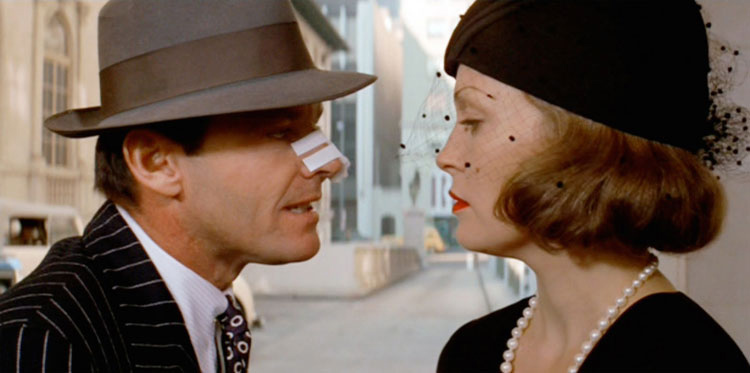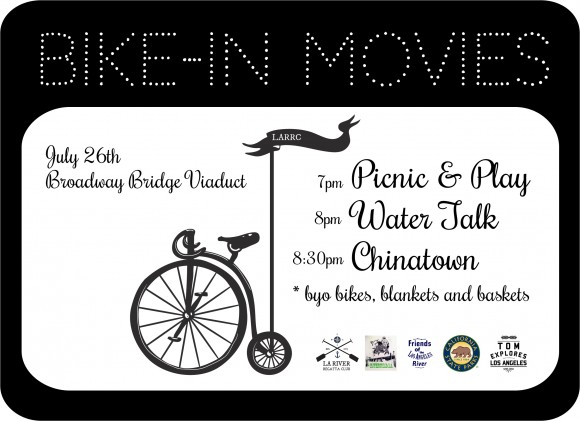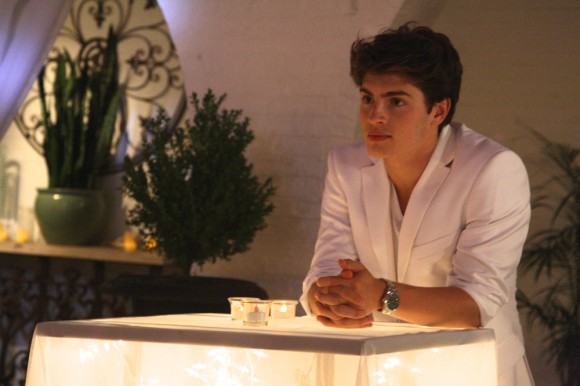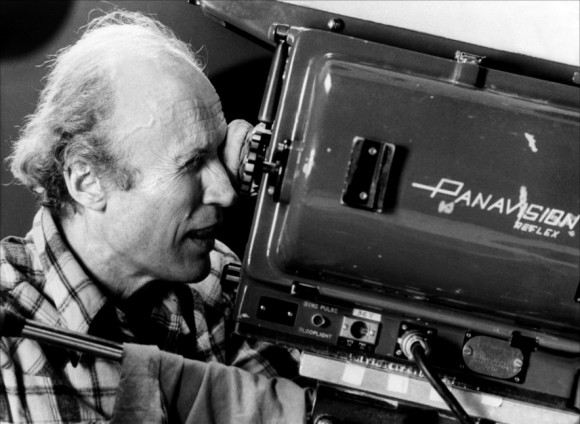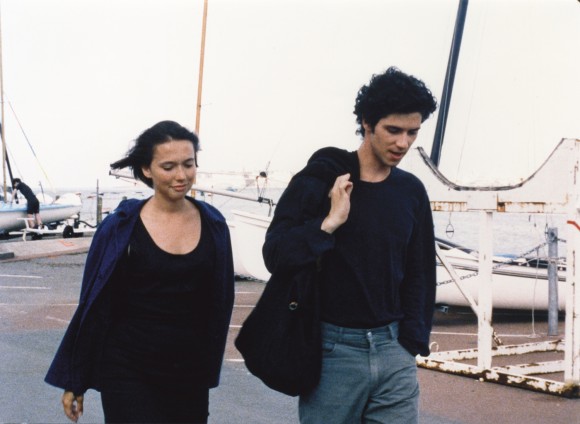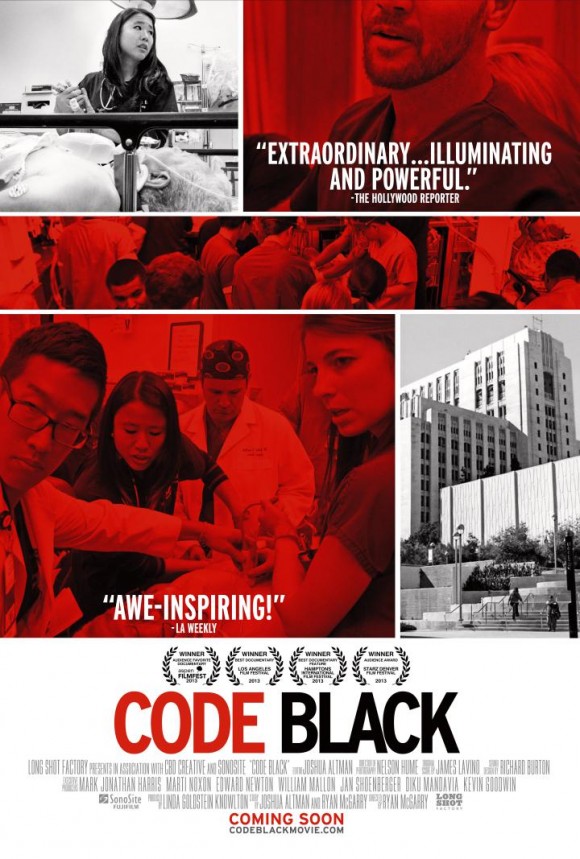Director ROB REINER and writer NORA EPHRON’s 1989 unassuming romantic comedy, When Harry Met Sally looms large in cinematic history both as a genre defining film and cultural touchpoint. But have you ever wondered why? Just what makes BILLY CRYSTAL’s “Harry” and MEG RYAN’s “Sally” resonate so strongly even a quarter century later? MARK HARRIS, writing for Grantland.com, explains all in his thought-provoking piece, reprinted below.
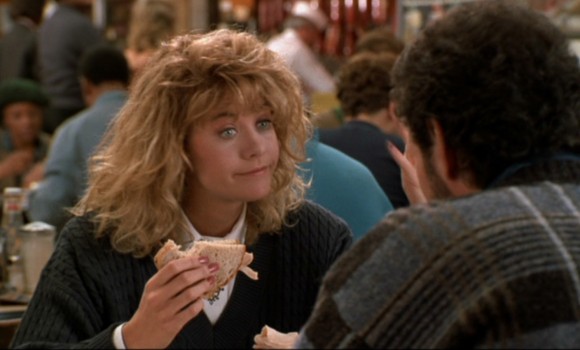
When ‘Harry’ Met ‘Annie’
by Mark Harris, July 21 2014 | from Grantland.com
It was not necessarily considered a keeper. Many reviews were good, but many were laden with reservations. The New York Times called the movie “amazingly hollow” and “the sitcom version of a Woody Allen film,” and in Newsweek, David Ansen wrote that it “doesn’t quite add up.” It never played in more than 1,200 theaters, never finished higher than third at the box office, and got only one Oscar nomination (for its screenplay).
When Harry Met Sally … was, in other words, a nice, better-than-average summer movie, an after-dinner mint for anyone who had room for one more bite after the behemoth of Tim Burton’s Batman. Who knew that, just like the improbable couples whose droll oral histories punctuate the movie, it would turn out to be built to last, the romantic comedy that reinvented the whole template?
By the time When Harry Met Sally … opened in July 1989, it had been a dozen years since Annie Hall, the last grown-up comic love story to make a lasting cultural impression. That, too, was a movie about a romance — a failed one — between a Jewish guy and a WASPy lady, and the chasm between their cultures, their backgrounds, and their outlooks (her glass half-full, his all empty) was so vast that it took a split screen to place the two families in the same universe.
The decade that followed had been a weird one for the rom-com, which seemed to retreat from Annie Hall’s not-awful sexual politics all the way back to The Taming of the Shrew. In the 1980s, when a blonde woman and a not-blond man were onscreen together, the idea was usually that the woman needed some serious thawing out (as in TV’s Moonlighting and L.A. Law). There were some winning exceptions, including Rob Reiner’s college-age charmer The Sure Thing and, in the spring of ’89, Say Anything … — in both movies, John Cusack was a champion yearner. But the genre needed a game-changer, and romantically and culturally, When Harry Met Sally … was it. If you want to know how we got from Annie Hall to Knocked Up, there’s only one route, and it’s through this movie.
When Harry Met Sally … is a milestone in the shape of a happy collaboration between three distinct Jewish comedy sensibilities — those of director Reiner (menschy and sentimental), screenwriter Nora Ephron (romantic but also tough-minded and feminist), and costar Billy Crystal (blunt, jabby, wisecracking) — that together became more than the sum of their parts. The movie and its male protagonist are both one step firmly away from the schnooky, high-minded but kvetchy perpetual outsider that Allen had played; instead, When Harry Met Sally … offers a gentle but firm reshaping of traditionally embattled/embittered “Jewish” humor into something more emotionally integrated and less neurotic than it had been. Crystal, a lean and not-yet-moonfaced 40 when the film was made, seemed like a guy who might actually be able to get laid. The movie doesn’t front-and-center the fact that he’s Jewish, and it doesn’t have to; by 1989, audiences understood the shorthand — it’s enough that he’s a mouthy, opinionated, white Knicks fan who leads with humor and shrewdness but doesn’t have quite as much game as he thinks.
At the same time, thanks largely to Ephron, the movie provided a heroine who was not an unapproachable, frosty shiksa goddess but a mass of tics, foibles, and issues of her own — an interesting mess rather than a dull ideal. And as embodied with enduring charm by Meg Ryan, she even manages to be a kind of everywoman; as beautiful as she is, she can actually convince you that she’s not, in the words of her sidekick, Carrie Fisher, “thin, pretty, big tits — your basic nightmare,” but rather the kind of woman who’s made to feel insecure by that kind of woman. If you like the basic nightmare
That tweaked recipe for romance — make the boy a little less Jewish and the girl a little more Jewish — turned out to be, within the genre, a tectonic realignment. It is not an accident, culturally speaking, that just two weeks before When Harry Met Sally … opened, NBC aired a pilot it hadn’t felt confident enough to order to series, a comedy that Brandon Tartikoff worried was “too regional,” specifically too “New York” (in Hollywoodese, then and now, “New York” is to “Jewish” as “urban” is to “black”). That pilot, The Seinfeld Chronicles, did well enough in its one airing opposite Jake and the Fatman for NBC to place a cautious order for four more episodes to air a year later. Notably, that first half-hour did not feature Julia Louis-Dreyfus (though it did have a waitress whose name in the first-draft script was, perfectly, Meg). But with Reiner and Ephron paving the way, by the time Episode 2 aired a year later, Jewish Jerry’s indeterminately whatever ex-girlfriend Elaine had been added to the ensemble. That Jewish/gentile dynamic would continue to play out a couple of years later in Friends, in which the Jewish guy — hangdog, neurotic, but at least socialized and sexually awake — was Ross Geller (side note: Why was Ross so much more Jewish than his own sister?) and the object of his affection, played by Jennifer Aniston, was Rachel Green, a Jewish name for a character who was created so down-the-middle (was she a neurotic Jewish princess/runaway bride or a neurotic goyishe blonde?) that decades later, her provenance remains one of sitcom history’s riddles of the Sphinx. (Even the excellent website Jew or Not Jew is stumped about Rachel, although it expresses a firm conviction that Seinfeld’s Elaine is not Jewish, which would make her the only frizzy-haired brunette Upper West Sider named Elaine in the history of Manhattan Island not to be.)
The legacy of When Harry Met Sally … is that it made all of this matter less. Twenty-five years later, in our Apatovian cosmos, the line between “Jewish” humor and humor in general and between “Jewish romantic comedy guy” (Seth Rogen, Jason Segel) and “romantic comedy guy” is so blurry that … you know … where do you put Paul Rudd? (Under R for Rudnitzky, if you’re his grandfather.)
Anyway, back to the movie, which is a fleet 96 minutes. Twenty-five years is a long time; 1989 is worth commemorating as the last moment when a blonde actress was allowed to have dark eyebrows onscreen. This may also be a good time to point out a copy editor’s nightmare, which is that the movie’s title is not When Harry Met Sally but When Harry Met Sally … , ellipsis included. Meaning, when Harry met Sally, then what happened? It’s notable that the ellipsis comes at the end, not at the beginning. Their story is about the start of something, not the happily-ever-after wrap-up.
The movie opens with one of its few tactical errors: White-on-black credits and “It Had to Be You” (an ode to that staple of rom-coms, fate, which begins and ends the movie) place the film squarely in the “If you like Woody Allen, this is for you” niche, and not to its benefit. When Harry Met Sally … is, it must be said, insular and largely oblivious about its insularity. It would be cheap to admonish its makers with contemporary college-seminar hindsight about “privilege,” but the young and impressionable should be warned: Everybody has big apartments, they drink white wine from crystal glasses and play Pictionary in well-appointed living rooms, and they shop at Saks and Bergdorf. White-on-white, sophisticated Manhattan is, in this film, the only part of New York City that exists. (That can’t all be filed under “Times were different then,” since the same summer brought us Do the Right Thing.)
In all other ways, however, this is nothing like a Woody Allen movie. It’s not Annie Hall, but a movie about people who have seen Annie Hall. It has a very precise and symmetrical romantic structure: Harry has a wingman (Bruno Kirby) and Sally has a wingwoman (Fisher), and the action, which starts with both characters graduating from college the year that Annie Hall came out, advances in neat five-year increments, each of which is punctuated with the how-it-happened-for-us testimonial of a different couple. The movie starts with Harry and Sally, strangers to each other, sharing driving chores from Chicago to New York. She’s a priss with Farrah Fawcett-Majors hair (“You’re probably one of those cheerful people who dot their I’s with little hearts,” he sneers); he’s a slob in a hoodie who spits grape seeds and thinks he’s deep. They quarrel all the way, largely about the ending of Casablanca. “Obviously you haven’t had great sex yet,” he says. “It just so happens I have had plenty of good sex!” she retorts too loudly in a diner, to her own mortification.
Quickly, it emerges that Harry is more sexually confident than Sally, or at least talks a better game. But she holds him off, leading to his declaration that “Men and women can’t be friends because the sex part always gets in the way … no man can be friends with a woman he finds attractive” — the thesis that launched a thousand sitcoms.
Rewatching the movie for this piece, I was jarred by how wolfish and aggressive Crystal’s character is at the start — just three years after her script for Heartburn, Ephron was still in post–Carl Bernstein mode, where the suspense is whether Mr. Right is also an asshole. “You look like a normal person, but actually you are the Angel of Death,” Sally snaps at him when he starts questioning her current relationship. (Sally, an idealistic journalist, is a young-Ephron surrogate; Harry often sounds like an older, wiser Ephron.)
Everything in these early scenes is there for a reason; each moment is given an elegant payoff or reversal five or 10 years later, when the characters grow up. The Casablanca squabble turns into a wistful split-screen scene (a nod to Woody?) in which both characters are in bed — their own beds — watching the movie while talking to each other on the phone. And Sally’s early diner embarrassment is flipped and redeemed in the famous “I’ll have what she’s having” scene, in which this time, Harry is mortified when she demonstrates with unexpected abandon that she knows a lot more, and he a lot less, about sex than he imagined. (It’s particularly great because at times, the movie runs the risk of letting the guy have all the smartest lines; this is the moment that levels the playing field between Harry and Sally, right when the film requires it.)
That scene is also a reminder, as if one were needed, of how valuable and missed Ephron’s voice is. She was, among many other things, a second-generation Hollywood screenwriter who was extremely adept at working within a very traditional form and tugging it nondidactically toward something a little more modern and astringent. Perhaps because she was steeped in all of those screwball comedies in which women like Irene Dunne and Katharine Hepburn and Carole Lombard were allowed to have voices and personalities and insecurities and aspirations, she isn’t interested in simply making Harry the player and Sally the goal; they share custody of their story. This isn’t so much a romantic comedy in a woman’s voice (like, for instance, a Nancy Meyers movie is) as it is a romantic comedy in which a woman is allowed to have a voice, which may be even rarer. And, as Sleepless in Seattle affirmed a few years later, Ephron had an ideal avatar in Ryan, who isn’t particularly interested in doing the brittle-bitch thing. Sally is a person — she and Harry talk about each other’s bad dates, she shows him how to lay down a rug, they make each other laugh. She’s a full partner. (Which is why ever since this movie, when the plot of a romantic comedy is nothing more than a man teaching a woman how to leave her uptightness behind, it’s felt like a step backward.)
As the story moves, with economical briskness, toward its conclusion, Harry’s assertion about friendship gives way to a more grown-up inversion of his idea, which is that maybe being friends is the best possible road to falling in love. As romantic-comedy premises go, that one is unlikely ever to go out of style. What has gone out of style is the thing that turns out to be the movie’s secret weapon: It’s a comedy that isn’t afraid of sadness. There’s a scene in which Harry and Sally are out for the afternoon, enjoying each other’s company, playing with the brand-newest technology of 1989, a karaoke machine for sale in The Sharper Image, when they run right into Harry’s gorgeous ex and her new guy. It’s a hard, nerve-shaking, mood-spoiling moment for Harry.
A variation on that scene has since occurred in many films, and in most of them, the Sally character gives some elaborate pulling-victory-from-defeat performance suggesting that she and Harry have a great new life, an action so over the top that it cements the guy’s love for her. Ephron and Reiner don’t do that. They just let the scene play out naturally, because they understood that the important thing about that moment is not redemption but pain and fear. It’s quickly followed by (with all due respect to “I’ll have what she’s having”) Ryan’s best moment, in which she reacts to the news that her own ex is getting married with an immense and genuinely touching crying jag, with Harry only half-able to console her. (“And I’m gonna be 40!” “When?” “Someday!” “In eight years.”) When each character hits rock bottom, they’re with each other, and we’re with them. The sad/scary undertow of every romantic comedy is “What if I’m not in a romantic comedy but a melodrama? What if it never works out for me?” By letting them — and all of us — feel that tug, the movie finds its stakes, and it also finds the punch line that has really made it last: At Harry’s and Sally’s lowest moments, we want what they’re wanting.

